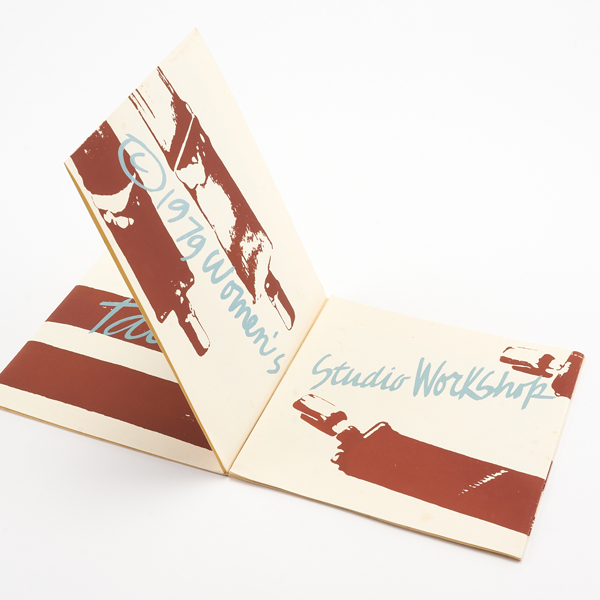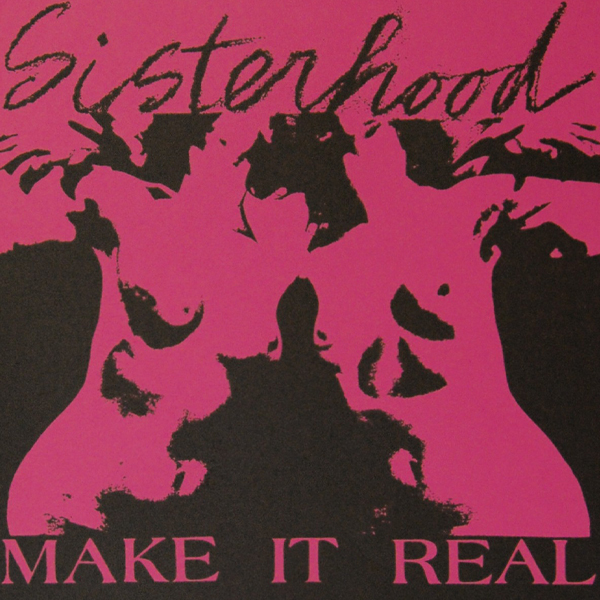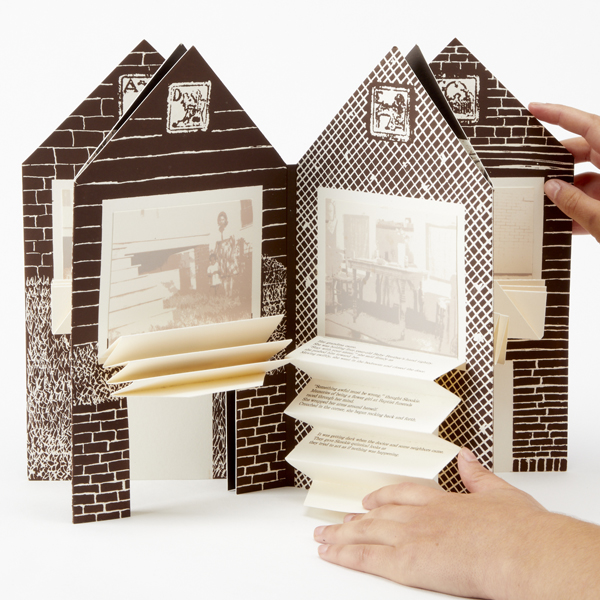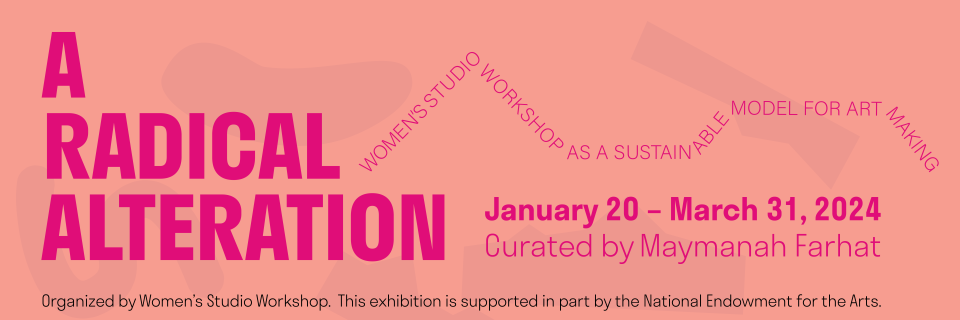ADDITIONAL EVENTS:
Radical Alteration artist Kathy Aoki was SFCB's "From the Bench" presenter for February 2024. View her recorded artist talk.
Radical Alteration artist celeste hernandez was SFCB's "From the Bench" presenter for March 2024. View their recorded artist talk.
In her seminal 1971 essay, Why Have There Been No Great Women Artists? Art historian Linda Nochlin examines the conditions of art-making that have prevented women and BIPOC artists from achieving the status of artistic “greatness” that has long been exclusively reserved for white male artists. Written at the height of the second-wave Feminist movement at a time when women artists were beginning to organize as collectives, Nochlin’s essay implores them to work toward altering these conditions by “taking part in the creation of institutions in which clear thought—and true greatness—are challenges open to anyone, man or woman, courageous enough to take the necessary risk, the leap into the unknown.”
As one of the few remaining arts organizations devoted to women-identifying artists from this period of cultural reckoning, Women’s Studio Workshop (WSW) can be viewed as a model for radical change. Founded in 1974 by artists Ann Kalmbach, Tatana Kellner, Anita Wetzel, and Barbara Leoff Burge, WSW has grown from a grass-roots organization to an invaluable institution that serves women and trans, intersex, nonbinary, and genderfluid artists. Its longevity is due to the original vision of its founders, who developed a series of programs that provided crucial support to artists while also contributing to the organization's sustainability. One of these programs is its Artists’ Book imprint, which has been a focus of WSW’s Artist-in-Residence program since 1981.
A Radical Alteration: Women’s Studio Workshop as a Sustainable Model for Art Making looks at the organization’s rich history as a proponent of book arts for marginalized communities in the U.S. Through artists’ books, printed materials, ephemera, and archival materials, the exhibition looks at how the organization’s policies, programming, and operations have evolved over the last fifty years, creating a space where the conditions of art making and institutional support are in service to a sustainable and more equitable art ecosystem.







.jpg)